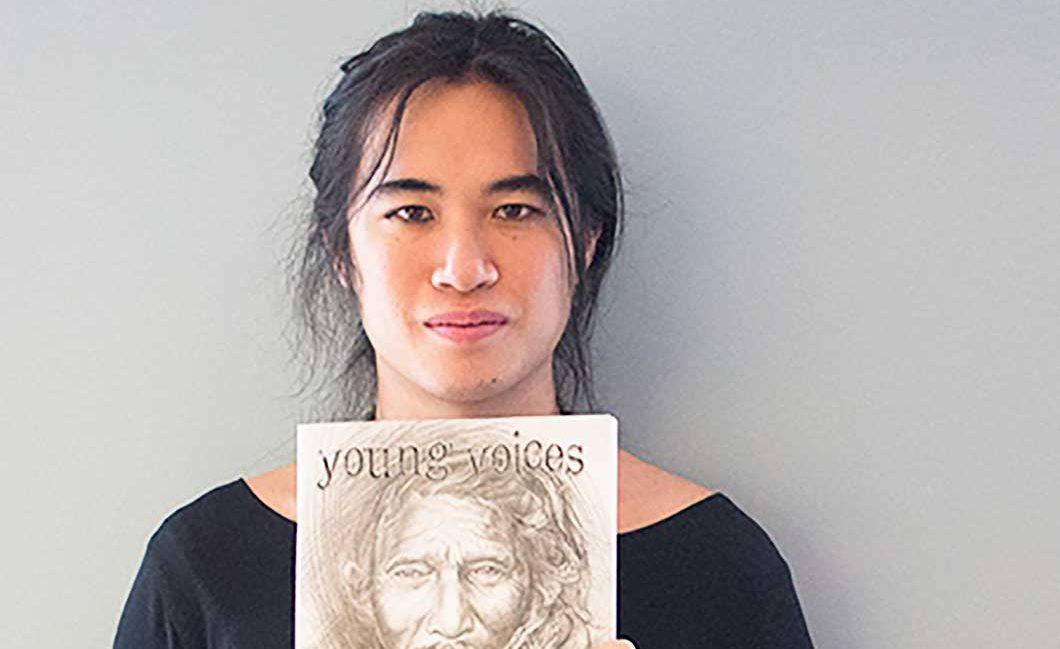Writing a story seems like an easily achievable task for most. But according to author Kai Cheng Thom, LGTBQ writers face many roadblocks when developing their voice in their writing.
As a social worker, she finds that LGBT individuals are at a higher risk of grappling with mental health issues. She says this is because of things like bullying and discrimination.
That situation “impacts LGBT writers’ ability to move through life in a comfortable and easy way, as all of us deserve,” she said. “Specifically, in the writing industry… there’s often a belief that only LGBT people will want to read LGBT stories, so a lot of the major publishers have been hesitant to publish that kind of work.”
On March 12, Toronto Public Library’s youth group, Young Voices, held a workshop on helping young writers develop queer fictional characters. The event was held at the Pape/Danforth branch and was hosted by Thom, who also does spoken word and is the recipient of the 2017 Dayne Ogilvie Prize for LGBTQ Emerging Writers award.
Young Voices hosts writing conferences, workshops and publishes an annual magazine. The magazine consists of writing and art pieces created and selected by a group of youth.
This event came about after a youth requested a workshop, said Michael Warner, the Youth Service Specialist at the Pape/Danforth branch. “As much as possible, we like to get youth input to the programs being offered. It was such a unique idea and definitely an underserved community.”
Unfortunately, only two attendees showed up, making for an intimate workshop. Warner said the low attendance isn’t surprising. “There may be a lot of teens that may not want to self-identify as queer or come out to an event like this,” he said.
The event was held for, but not limited to, people between the ages of 13 and 17. This important age in the developmental cycle for adolescents is a high-risk zone for mental health issues, Thom said. “At that age, you’re developing a sexuality, opinions… [and] you’re becoming independent from your parents. So essentially you’re becoming an adult, but you don’t have the power or the experience of an adult…so there’s a high vulnerability.”
Even though LGBTQ writers face these daily struggles that affect their writing, there are a lot more LGBTQ publications than there were when Thom was a teenager.
“I’m happy to say that, in young adult fiction in particular, we’re seeing a great surge of LGBT characters, LGBT writers and LGBT stories emerging.”

